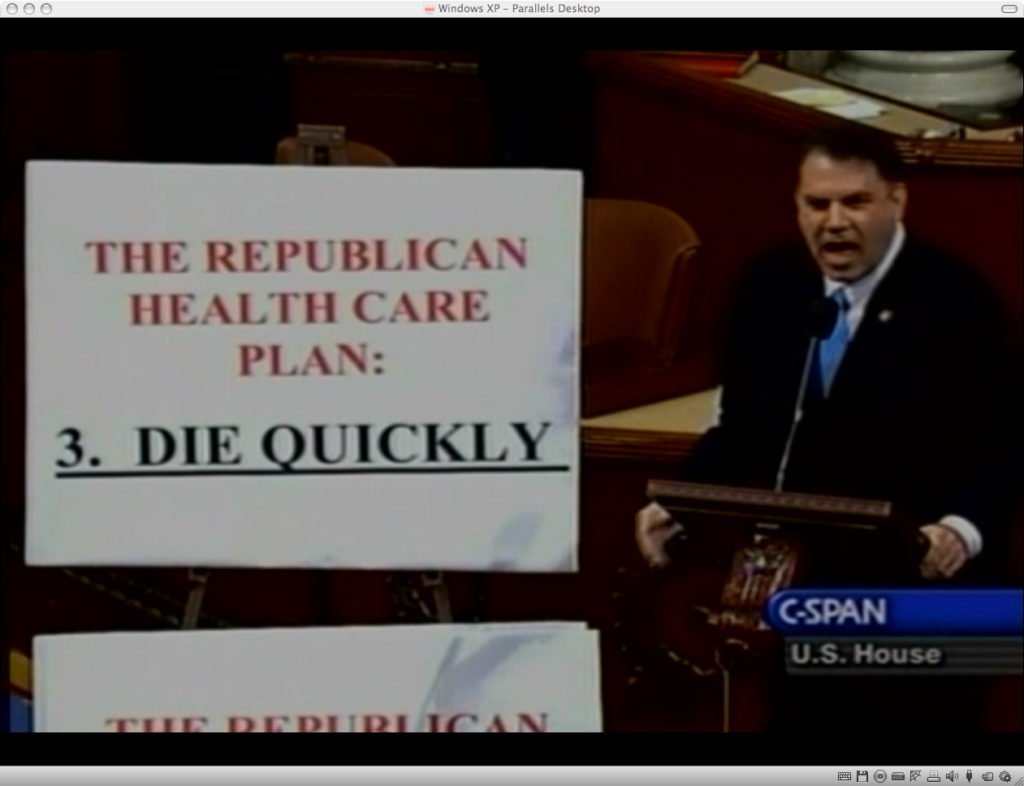Managed Treatment Plans
Yet, unlike HMOs, PPOs enable strategy members to seek care from professionals without being referred by a medical care professional. These strategies make use of monetary incentives to motivate members to seek medical care from service providers inside the network. A 2017 survey of the scholastic study on Medicaid discovered it enhanced receivers' health and wellness and economic safety and security. Unlike Medicare, which is solely a government program, Medicaid is a joint federal-state program. Each state operates its very own Medicaid system, however this system needs to satisfy federal standards in order for the state to get coordinating funds and also grants.
Who pays managed care?
PPOs are also the most popular form of Managed Care (Health Insurance In-Depth). Point of Service (POS) medical care limits choice, but offers lower costs when compared to HMOs and PPOs. Generally an individual chooses a primary health care physician within a health care network.
What Is A Managed Care Plan?
Which one of the following choices was an outcome of managed care for physicians?
Costs are increased to younger, healthier individuals who are, in effect, subsidizing older or less healthy individuals. Cost sharing: Provision of healthcare insurance policy that requires policyholders to pay for a portion of their healthcare services; a cost control mechanism.
Today, the huge majority of independently insured Americans, and also a sizable fraction of those in the government-sponsored Medicare as well as Medicaid programs, are covered by some type of taken care of care. The least costly kind of taken care of medical care is the Health Maintenance Company (Kaiser). Upon signing up with an HMO, individuals pay a fixed month-to-month charge, called a costs. Normally a specific pays a little co-pay, possibly $15.00 for each go to, and also $10.00 for a prescription.
What are the disadvantages of managed care?

Managed care plans are a type of health insurance. They have contracts with health care providers and medical facilities to provide care for members at reduced costs. These providers make up the plan's network. How much of your care the plan will pay for depends on the network's rules.
- The most typical handled treatment economic arrangement, capitation, positions healthcare providers in the function of micro-health insurance firms, thinking the responsibility for handling the unidentified future healthcare costs of their people.
- Cox reveals that smaller sized insurance firms have reduced possibilities of moderate profits than huge insurance firms, greater likelihoods of high losses than large insurance providers, provide reduced benefits to policyholders, as well as have much greater surplus demands.
- All these results antagonize the viability of doctor insurance risk assumption.
- Small insurance companies, like private customers, tend to have yearly costs that vary much more than bigger insurance companies.
- Nevertheless, individuals that sign up in a managed care plan ought to understand both the benefits and the downsides of those plans.
Those that do need to adhere to federal Medicaid legislations under which each getting involved state provides its own Medicaid program, establishes qualification criteria, establishes the scope and kinds of services it will certainly cover, and establishes the price of payment. Benefits vary from one state to another, as well as because a person gets Medicaid in one state, it does not mean they will certainly qualify in another. The government Centers for Medicare as well as Medicaid Provider (CMS) checks the state-run programs as well as establishes needs for solution delivery, funding, qualification, and also high quality standards. Blue Cross as well as Blue Shield insurer are licensees, independent of the organization and traditionally of each other, using insurance coverage plans within defined areas under one or both of the association's brand names. Blue Cross Blue Guard insurance companies provide some kind of health insurance protection in every U.S. state.

Does managed health care reduce costs?
The disadvantages of HMOs include: HMOs tend to Learn more here have many rules including restrictions on doctors that the patient can see. They are also restricted in the hospitals, labs and other facilities that they can use. In order to see a specialist, the PCP must provide a referral.
These kinds of plans generally allow members to obtain treatment out of network, however the participant needs to pay more than if they make use of a network service provider. This adaptability has made PPOs popular, although costs for PPOs are typically more than those for HMOs. They frequently call for members to select a health care physician, from whom a referral is normally required before getting treatment from an expert or other doctor. Instead of the "if it ain't broke, don't repair it" way of thinking, handled treatment concentrates on precautionary care as an approach to lower healthcare prices.
Learn exactly how the plans you like best will cover these solutions as well as at what More help price. Indemnity plans have no carrier network, members can go to the medical professional( s) of their choice.
What do you see as some of the most significant impacts of managed care for patients?
private health insurance market has shown that managed care plans reduce healthcare costs by reducing healthcare utilization (Glied 2000)[22] and by reducing prices paid to healthcare providers (Cutler et al.
Although strategies vary, the HMO would usually be the least pricey of the handled treatment options, with the PPO being middle of the road, and the POS perhaps being extra expensive than the HMO, as it gives the greatest versatility. These information may aid you make the decision if you are trying to choose whether you will insure yourself on your employee advantages program or yourpartner's health and wellness insurance coverage plan.